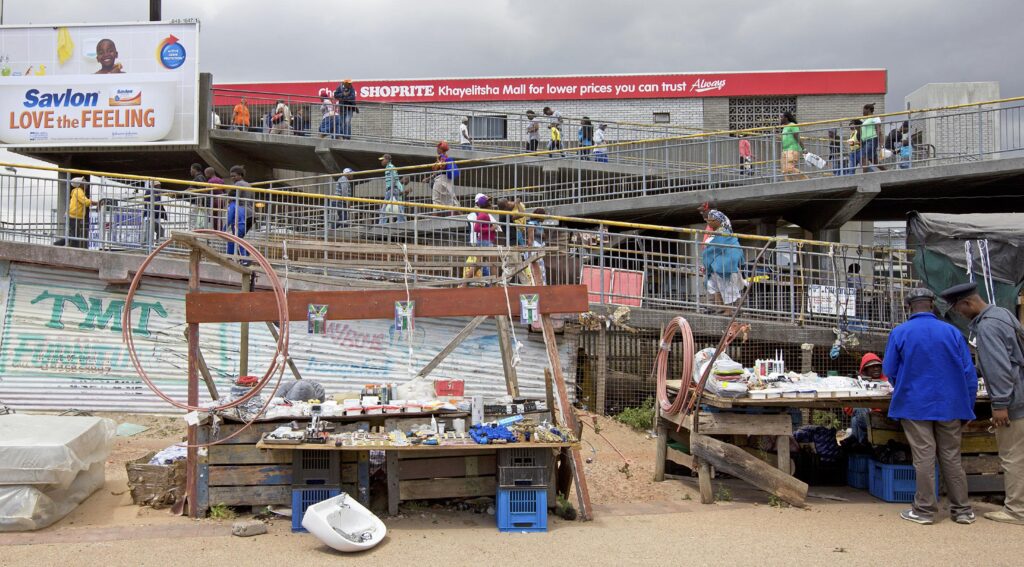The State of Household Food Security in Cape Town, South Africa
This is the first city-wide representative household food security survey of Cape Town and contributes significantly to the growing body of evidence about the food system of the city. This enquiry into the food system has laid bare the deep inequalities in food security across different income groups in Cape Town. For the poor, poverty […]
The State of Household Food Security in Cape Town, South Africa Read More »

